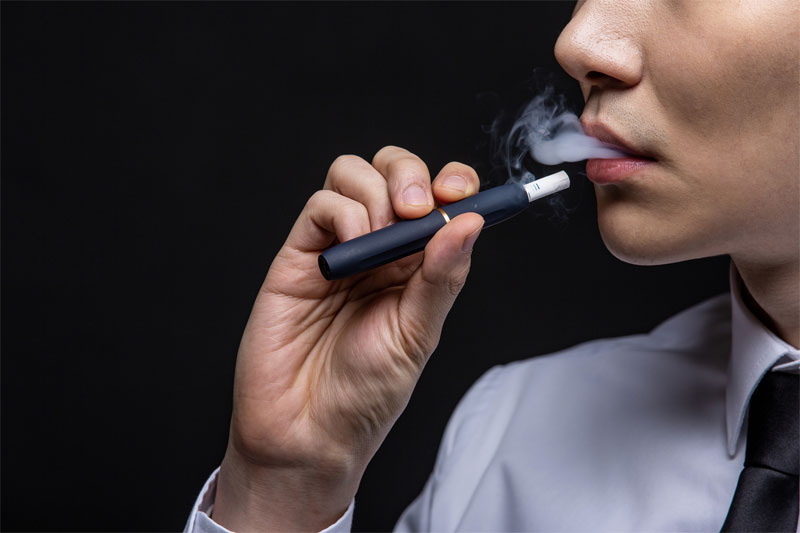The decision to ban Jewel e-cigarettes has sparked a significant conversation around its impact on smokers and the broader vaping industry. The pivotal move stems from regulatory concerns, consumer safety, and the efforts to curb underage vaping. However, what does this mean for adult smokers and the thriving vape market? Understanding the dynamics of the “jewel e cigarette banned” scenario requires delving into various aspects like market shifts, consumer behavior changes, and regulatory adjustments.
Why Was Jewel E-Cigarette Banned?
Jewel, once a dominant force in the e-cigarette landscape, faced an upheaval due to mounting pressure from regulatory bodies. These organizations cited concerns over the brand’s marketing tactics, which allegedly targeted younger audiences. The attractive packaging and flavors were seen as appealing to minors, contrary to the intended target: adult smokers seeking alternatives to traditional tobacco. The ban was primarily aimed at addressing these issues, reflecting a broader strategy to reduce youth v** with strict measures.

Impact on Smokers
For many adult smokers, the “jewel e cigarette banned” issue presents challenges and opportunities. While some may find it a hurdle, especially those who used Jewel products as a smoking cessation tool, others may perceive it as a necessary step for public health. Alternative nicotine delivery systems or switching to legal nicotine products remain viable options for these individuals. The ban may nudge smokers to explore other brands that adhere to regulatory standards and focus on safer usage.
The Vaping Industry at a Crossroads
The vaping industry is no stranger to scrutiny, and the Jewel ban is yet another chapter in its regulatory journey. Companies within the sector must evaluate their marketing strategies, product compositions, and compliance measures. This increased vigilance could drive innovation as businesses aim to remain on the right side of the law while satisfying consumer demand. The ban might also inadvertently boost smaller, compliant brands that can seize the opportunity to gain market share left by Jewel’s absence.
The ban has undoubtedly reshaped market dynamics, paving the way for industry players to innovate and differentiate themselves in a more controlled environment.
Regulatory Perspectives
Regulators argue that the ban is a win for public health policies. The main goal is reducing nicotine addiction among the youth, and Jewel’s marketing practices were perceived as counteracting these efforts. By banning such products, regulators aim to create a safer marketplace, ensuring that alternatives to conventional smoking do not serve as gateways for new, younger users.
Consumer Behavior Changes
As Jewel, a once-popular e-cigarette brand, exits the market, consumers must reevaluate their choices. For some, the transition could involve switching to another brand, possibly even more traditional options like nicotine patches or gum. Meanwhile, vapers might explore other e-cigarette brands that offer similar benefits without contravening advertising guidelines. The ban might also influence consumers to critically assess the health implications of their vaping habits, making informed decisions based on comprehensive product information.
Future Implications
The long-term implications of the “jewel e cigarette banned” decision are still unfolding. This ban may set precedents for how other e-cigarette companies operate and interact with both regulatory bodies and consumers. Industry players can anticipate more stringent oversight and prepare by implementing policies that prioritize consumer safety and ethical marketing.
Frequently Asked Questions

- Why was Jewel specifically targeted?
- Jewel’s marketing strategies were deemed too alluring for minors, triggering concerns among regulators about potential nicotine addiction risks in younger demographics.
- Are other e-cigarette brands at risk of being banned?
- While each brand faces scrutiny, those aligning with regulatory standards and focusing on adult audiences are less susceptible to such measures.
- What can smokers do following the ban?
- Smokers can explore other approved vaping products or cessation aids like nicotine patches, gum, or lozenges, ensuring they choose less controversial options.
The conversation around this ban not only centers on regulation but also how brands will adapt and evolve in a landscape where consumer safety becomes increasingly prioritized.
